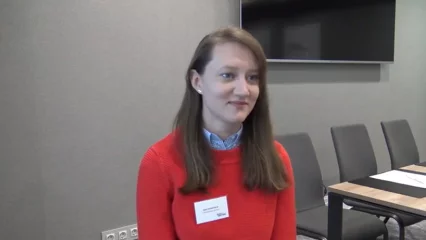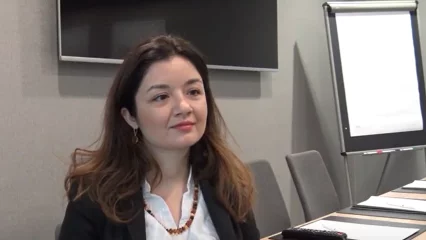So what must you do to impress the interviewers who are looking for reasons to accept you rather then excuses to reject you?
Different interview types
There are different styles of interviews. Some interviews last an hour, others last 30 minutes. Some are one-on-one interviews while other schools prefer to interview in a group. Some interviews will have one active interviewer and one passive, observing you and taking notes. In others, there could be only one interviewer. In some instances, you may have to face an interview panel of three or four interviewers. In others, there could be a Skype interview or even a Video interview. In such cases, you must be prepared to handle technological challenges. Some schools might require you to send a post-interview reflection within 24 to 36 hours of the interview. Of late, team-based Interviews are becoming popular. Groups of candidates are brought together face to face and are given a real-world business case to work through together. This format observes how you’ll operate in a team situation and gives the interviewers a good feel for your collegiate abilities.
Check out: 4 MBA Interview Formats to Keep in Mind
Common questions
Regardless of the interview structure, you must be prepared to answer some common MBA interview questions.
To begin with, you will be asked: "Tell me about yourself". This is the most common way to start an interview and it is up to the applicant to answer in such a way that conveys their messages well. You must have a clear idea of who you are, your accomplishments, future goals, your passions, hobbies, interests, extracurricular activities, challenges you have had, how you overcame them, and more.
It is important to outline potential answers to these questions and rehearse them well in advance of the interview. Practicing in front of a camera, for example, will allow you to monitor yourself. Pay close attention to your facial expressions as often your words can say one thing while your face indicates something else. These mixed messages can confuse an interviewer; that’s why practice is vital.
Interviewers often have a general picture of your candidacy through your application, resume, certificates you may have enclosed and the essays you have submitted. Through the interview they are trying to get to know the person behind the application and, of course, draw a parallel between your self-portrayal and the person sitting in front of them. They are looking for authenticity in your candidature. The first question is important as it will determine the interviewer’s first impression of you.
After this, you may be asked why you want to do an MBA, why you chose this specific school, your MBA goals, questions about your strengths, weaknesses, your past – and more. The interviewers might talk to you about your passions and hobbies. It’s all part of trying to get to know you as a person and gauging whether you would be a good fit for their school.
Be confident, but not too much
When answering the popular yet testing question about your strengths and weaknesses, the trick is to be confident but not too stuck-up. When they ask about your weaknesses, they are often testing your self-awareness, so pick something that illuminates your personality and your past, and shows that you have grown from a particular experience.
Check out: 8 Challenging MBA Interview Questions
The most popular closing question is: "Do you have any questions for me/us?" This again requires preparation. In your quest for an MBA degree, you may have come across certain things for which you have not found satisfactory answers. It is good practice to list all those unanswered questions one by one, and tick them off, as you approach the point when you have to meet the interviewers face to face. Just ask those questions which are still unticked. These questions must reflect your seriousness in your pursuit of the MBA degree.



